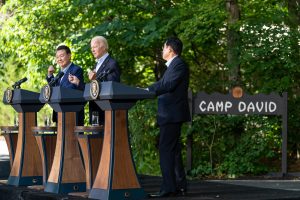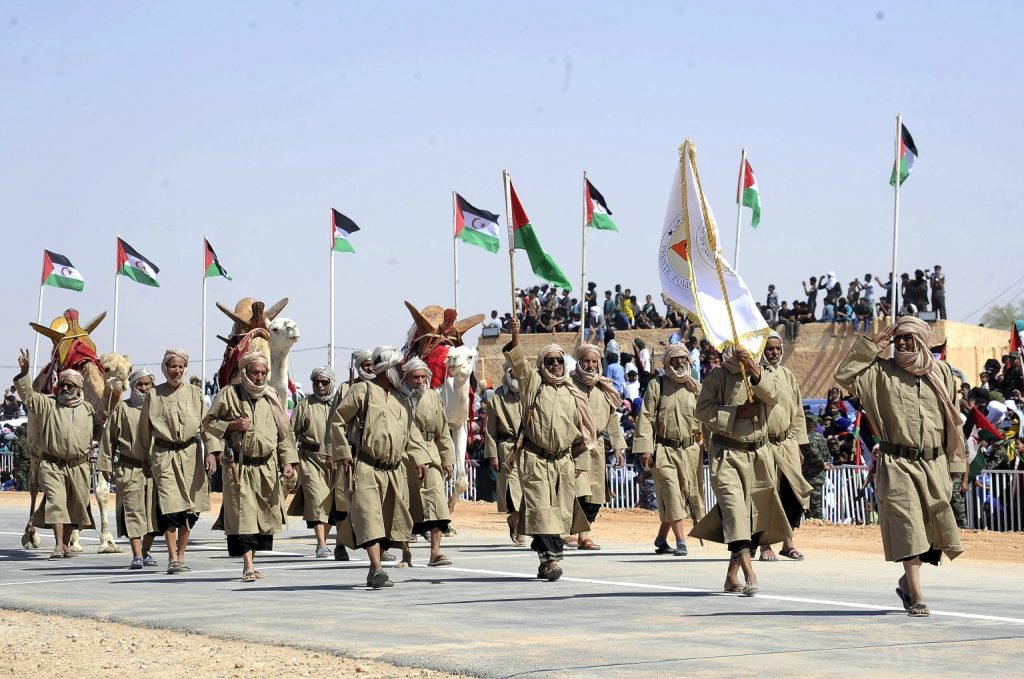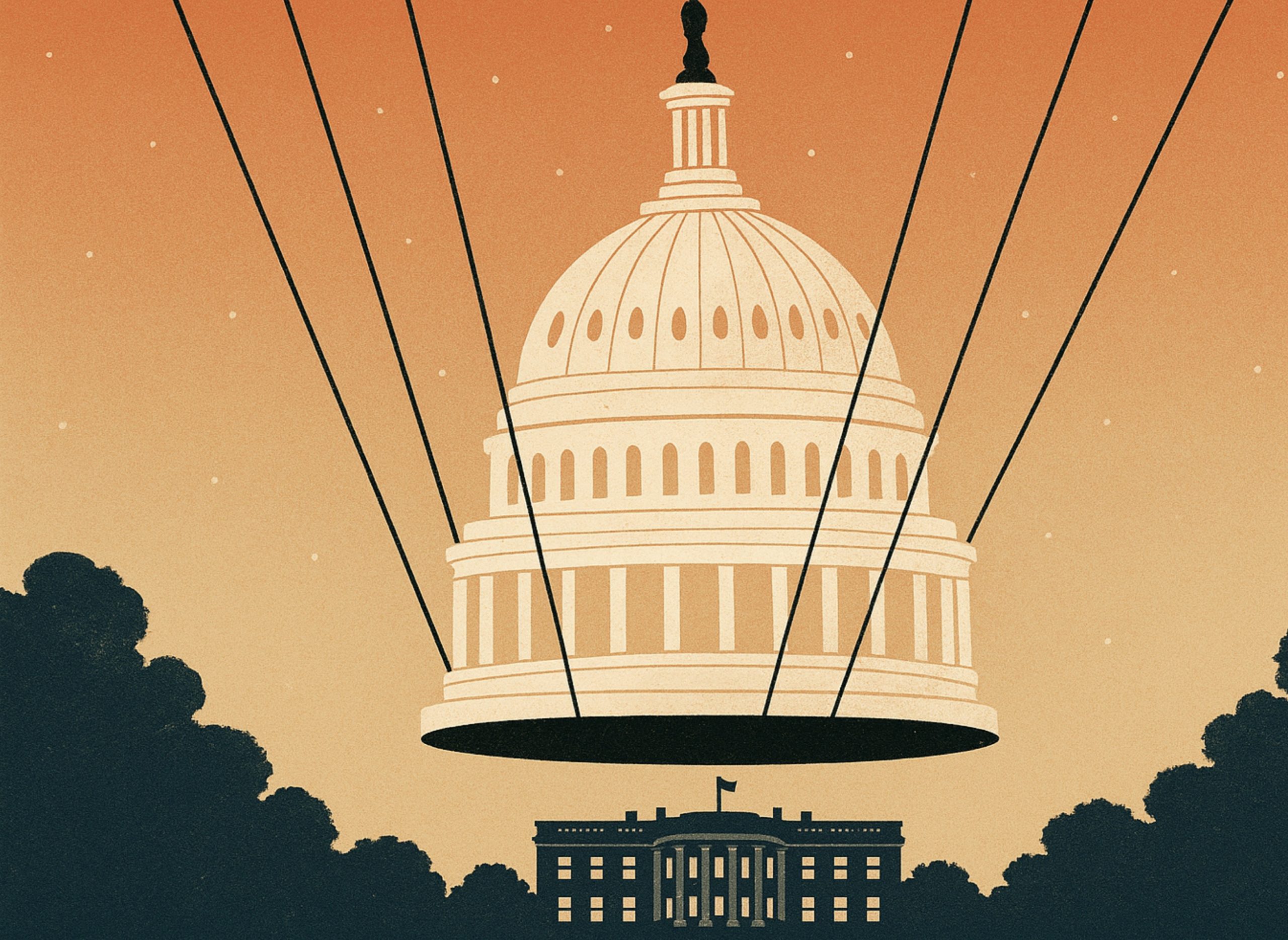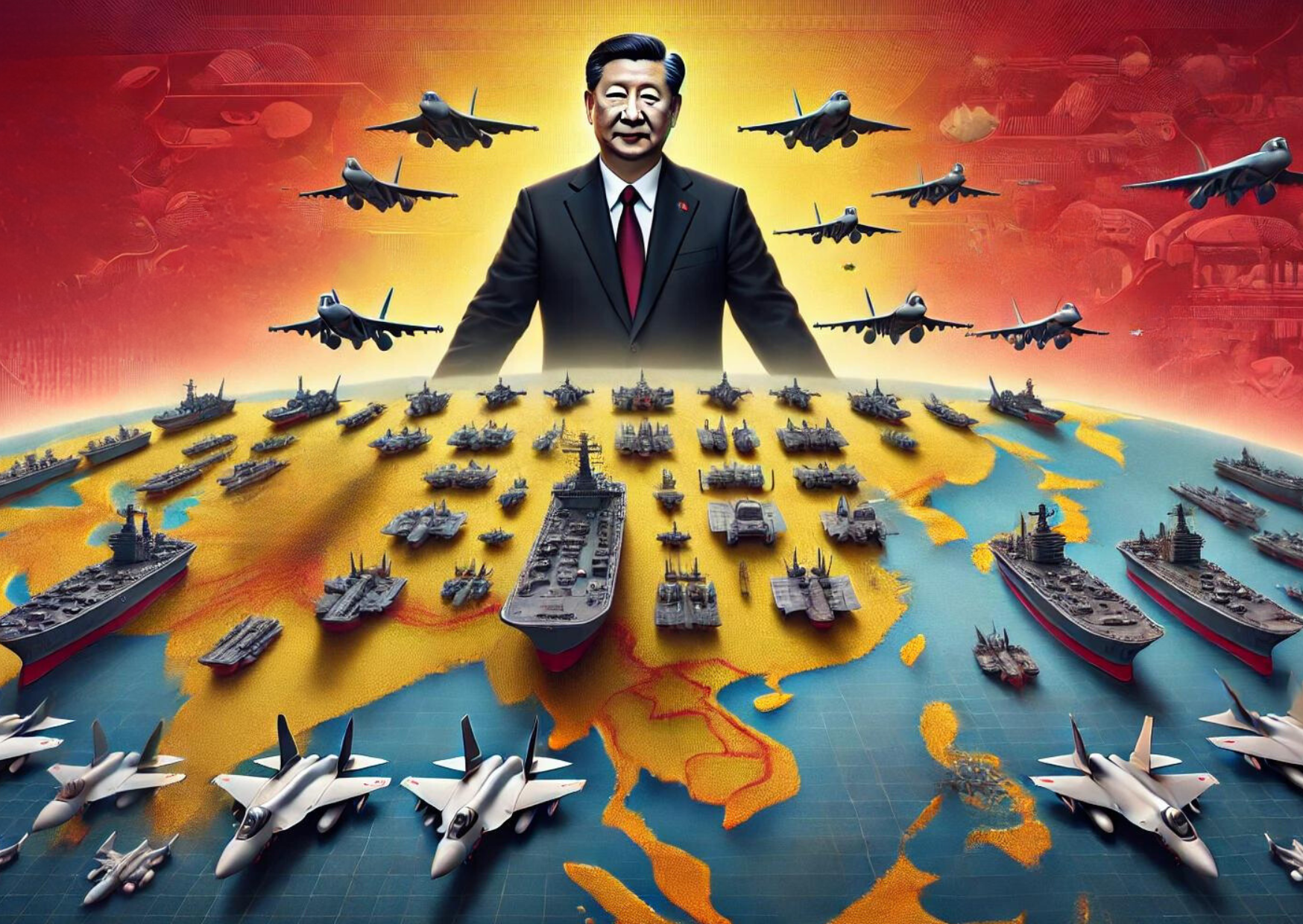
Morocco’s Sahel-Atlantic initiative seeks regional unity and economic stability.


Welcome back to Africa Brief, where we take a look at the latest developments shaping regions across the globe. Today, we’re focusing on Morocco, a key player at the crossroads of Africa and Europe, which faces a longstanding challenge in the unresolved Western Sahara issue. Despite efforts to address this situation, the issue continues to impact the political and economic landscape of North and Central Africa, contributing to a broader African struggle for economic stability.
The Moroccan territory, which has an important role as the gateway to Europe, has been struggling with the unresolved Western Sahara problem since ancient times. Although this issue has remained significant since the establishment of the UN, it has yet to be resolved. The continuation of this situation will further delay the establishment of peace in North Africa, Central Africa, and the broader African region. Furthermore, it contributes to the emergence of an Africa that struggles to create economic confidence.
This is why the Moroccan government has put forward the Sahel Atlantic initiative to foster economic confidence. Thus, achieving regional development will be the ultimate goal. Although ethnic conflicts seem to be the primary reason for the slow progress of this resolution process, there is, of course, more behind this situation.
Looking at the North Africa region, although it already has significant economic potential, the issues it faces with neighboring countries prevent this potential from being fully realized. For example, security challenges in the Western Sahara region, along with economic weaknesses and conflicts among countries in the Sahel region, hinder the continent’s progress. However, the fact that the African continent as a whole has substantial reserves could ultimately boost its economic independence. Yet, the conflicting interests of countries within the region continue to impede the continent’s development.
Morocco, aiming to leverage this situation, will take important steps to address internal challenges by strengthening its multi-front continental diplomacy and utilizing the strategic advantage of its geographical position. By resolving its issues with neighboring countries, Morocco may have the opportunity to lead the African continent toward prosperity and unity.
Speaking at the UN last September, the King of Morocco highlighted the Sahel-Atlantic region, as well as the autonomy of Western Sahara, emphasizing its potential to make important contributions to the region. Through this initiative, the transition of Central Sahel countries to the Atlantic Ocean will be facilitated, aiming to achieve an economic union aligned with a common goal.
Africa, striving to establish itself as an economically independent continent in the global arena, is seeking to leverage every opportunity available. It is estimated that the advancement of such a project under Morocco’s leadership will elevate Morocco’s standing in global public opinion and facilitate significant steps toward resolving the Western Sahara issue.
In conclusion, Morocco is pursuing an effective policy by acknowledging the problems in its neighborhood. However, beyond simply addressing these issues, Morocco must bring them to the international arena and accelerate their resolution in the most effective way to reach a common ground. Otherwise, it will inevitably face a deadlock in its own region, and resolving the Western Sahara issue will remain nothing more than a distant aspiration.


In our article, we try to understand why Germany could not reach the 2% military expenditure rate determined within the scope of NATO at the Wales Summit.

Amid escalating tensions, China’s strategic military reforms under Xi Jinping focus on enhancing the PLA’s regional readiness and asserting its global military presence.

The rise of cyberwarfare has revolutionized global competition, transforming state security and sovereignty threats from physical borders to cyberspace, highlighting the urgent need for robust cybersecurity measures and international cooperation.
Written By: BATUHAN GUNES
Written By: KRISTIN HYNES
Written By: ERIC SONG
Written By: ALEXANDER BERGH
Written By: KATE-REID SMITH
Written By: JOSEF SCHOEFL
Written By: PATRIC MCFARLAND
Written By: FATIH CEYLAN
FA’s flagship evening newsletter guilding you through the most important world streis ofthe day. Delivered weekdays.
